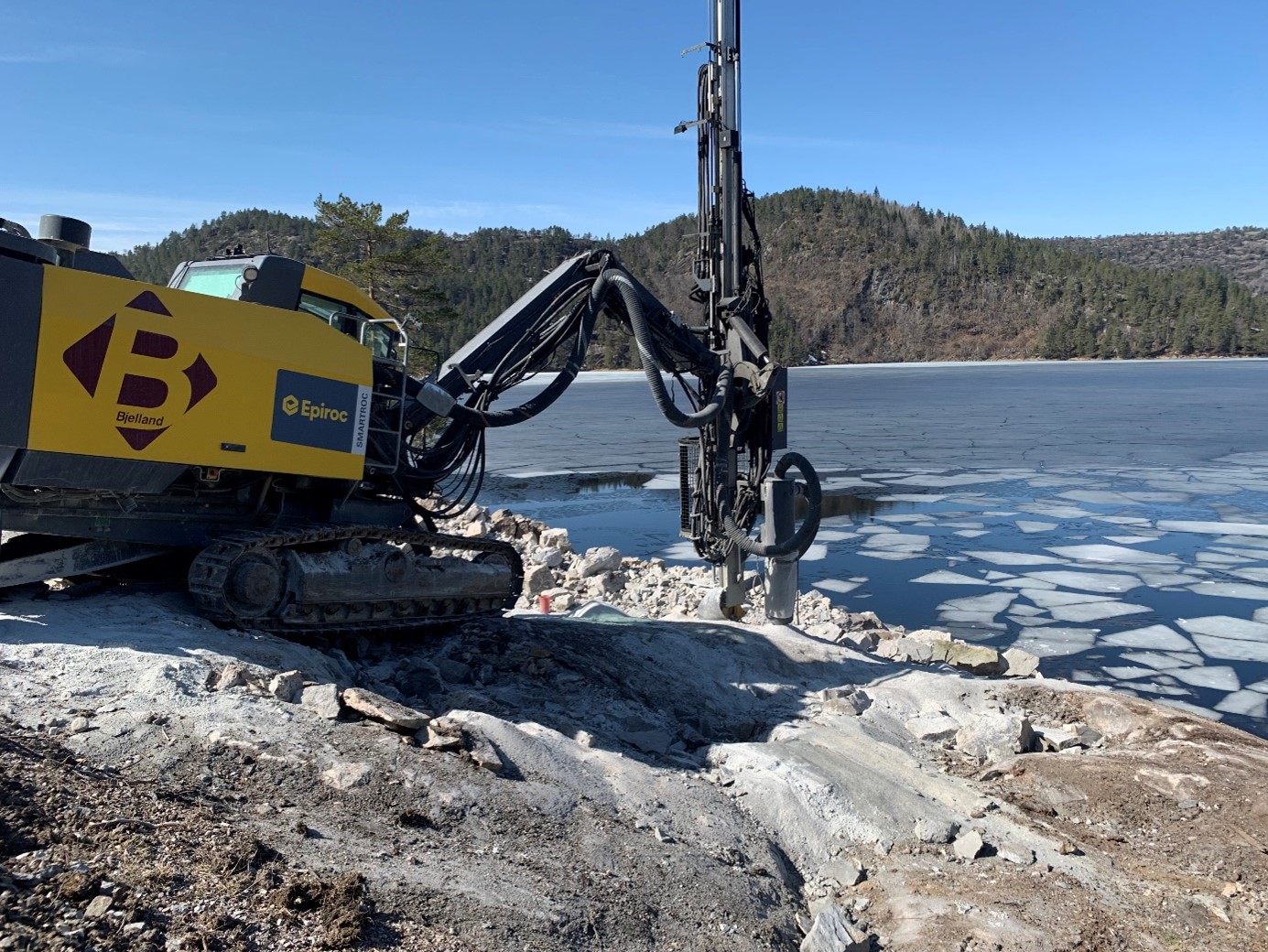 23.06.2022
23.06.2022
Tinfos publishes its first sustainability report
Our business model is to make sustainable hydropower profitable for our customers and stakeholders, while at the same time creating value for the environment and society as we build new hydropower plants to produce renewable electricity. This obliges, and through the publication of the report on its website, Tinfos provides access to our stakeholders, and others who may be interested, in how Tinfos works with sustainability.
“We are proud to present our results in our first report on sustainability,” says CEO Øyvind Frydenberg. – Tinfos has taken its first steps towards an integrated and systematic approach to document and report on ESG and sustainable renewable energy initiatives. Our work with sustainability reporting has only just begun, and as we acquire new knowledge, we aim to establish more specific SDGs that we can report on in the years to come,” he says.
A broader perspective on sustainability
In Norway, the authorities have a long tradition with establishing clear requirements for impact assessments for the environment and society, through the licensing processes prior to the establishment of new hydropower plants. This has given the hydropower industry both awareness and expertise in relation to the impacts and risks nature and environment is exposed to when building power plants – and not least to what measures are needed to prevent, or minimize, the extent of impact from the development. The Norwegian rules for working life have ensured that matters related to social dumping, HSE and safety at work have been a priority area.
“All of this is important knowledge that Tinfos brings when building power plants in other countries“, says the company’s sustainability director, Asgeir Drugli. “At the same time, new issues that we do not often see when building power plants in Norway emerge. Among other things, safeguarding human rights in the supply chain places demands on both preventive activities and control measures. Corruption risks must be mapped and assessed, and we must ensure that labour conditions, health and safety considerations are safeguarded for those working on our construction sites, as the culture of HSE measures may be different abroad than in Norway.”
In May 2021, Tinfos joined the world’s largest corporate sustainability initiative – the UN Global Compact and its 10 principles on human rights, labour standards, the environment and anti-corruption. Through this initiative, Tinfos has committed to publish annual reports on the work and results of the four mentioned topics, and reports on these topics through the sustainability report.
– “Together with our own materiality assessment, conducted in dialogue with our key-stakeholders, our UN Global Compact membership has broadened our perspective on sustainability and been a catalyst for our project preparations abroad”, says Drugli.
Sustainability reporting requirements increase
The requirements for reporting on sustainability are increasing, even for small and medium-sized companies, as mechanisms such as the EU Taxonomy causes the market demand for sustainability information to increase, even though the business is not initially required to meet direct reporting requirements. Access to favorable funding schemes is also often followed by requirements for documentation on sustainable activities and working methods.
“We are already noticing this development in Tinfos,” Confirms Asgeir Drugli. “Our customers, partners and banks are increasingly requesting data on sustainability, and it is therefore both natural and useful for us to be able to demonstrate a structured summary of our work with the environment, society, corporate governance and the economy in an overall sustainability report. At the same time, we see that the requirements for non-financial reporting are also increased in Norway.”
Both the Accounting Act and the Equality Act already require non-financial reporting. The Transparency Act will now enter into force in Norway from July 1, 2022. It aims to promote businesses’ respect for basic human rights and decent working conditions and ensure access to information from reporting and assessments. In 2023, the Corporate Sustainability Reporting Directive (CSRD) is likely to enter the EU, and even if the regulations are not adopted at first in Norway, there is little doubt that this will affect demand for sustainability data. CSRD reporting requirements will include requirements for reporting significant sustainability topics, greenhouse gas emissions and climate risk.
“We are pleased to have started the process ” says CEO Øyvind Frydenberg. “The increased demands from our most important customers and stakeholders set expectations to Tinfos that we intend to live up to also in the future. The sustainability report is one of several elements of this work,” concludes Øyvind Frydenberg.
